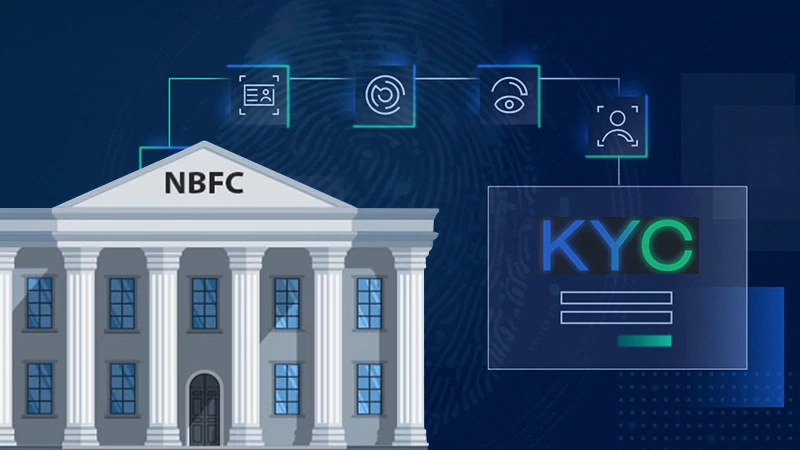How to Get Cryptocurrency: A Beginner’s Guide
Have you ever wondered how to start your journey in the digital currency world? Cryptocurrencies, like Bitcoin and Ethereum, have transformed the way we perceive money, investment, and financial transactions. This guide will navigate you through the basics of how to get cryptocurrency safely and effectively.
Understanding Cryptocurrency
At its essence, cryptocurrency represents a form of currency that is digital or virtual, distinctively secured through advanced cryptographic techniques. This security layer ensures that cryptocurrencies are exceedingly resistant to counterfeiting and unauthorized duplication, addressing a common vulnerability of traditional financial systems. Unlike the fiat currencies issued by governments, cryptocurrencies thrive on a decentralized architecture. This means they are not controlled by any central authority, such as a bank or government, offering a new level of autonomy and privacy in financial transactions.
The backbone of this decentralized system is a revolutionary technology known as blockchain. Imagine blockchain as a digital ledger, transparent and immutable, where each transaction is recorded in a block and linked to the previous and subsequent blocks. This chain of blocks forms a comprehensive, tamper-resistant record of all transactions across the network. The decentralized nature of blockchain not only democratizes financial transactions but also enhances security and transparency, reducing the risk of fraud and corruption.
Moreover, blockchain technology facilitates peer-to-peer transactions, enabling individuals to send and receive payments directly without the need for intermediaries. This peer-to-peer model cuts down transaction fees, speeds up processing times, and extends financial services to underbanked populations worldwide. Cryptocurrency and blockchain together are laying the foundation for a more inclusive, secure, and efficient financial system, challenging the traditional paradigms of money transfer and asset management.
Through this innovative combination of cryptography, decentralization, and blockchain, cryptocurrencies are not just transforming the way we think about money; they are reshaping the global financial landscape, offering a more accessible, transparent, and equitable system for all.
Why Acquire Cryptocurrency?
Acquiring cryptocurrency can be a strategic investment, a way to make transactions online, or even a step towards using new financial technologies. Its benefits include lower transaction fees compared to traditional online payment methods, increased privacy, and access to new investment opportunities.
How to Get Started with Cryptocurrency
- Buying through exchanges: The most common way to acquire cryptocurrency is by purchasing it through a crypto exchange. Crypto Exchanges like Bitcoin.me and Kraken allow users to buy, sell, and hold cryptocurrencies.
- Mining: This method involves validating blockchain transactions and creating new coins. It requires technical knowledge and significant computational power.
- Earning: You can earn cryptocurrency by completing tasks on websites, freelancing for crypto payments, or participating in blockchain projects.
- Airdrops and ITOs: Participating in airdrops and initial token offerings (ITOs) can also grant you access to new tokens and projects.
Choosing the Right Exchange
Selecting the right platform is crucial. Consider factors like security measures, transaction fees, and ease of use. Look into the latest exchange volumes and user reviews for informed decisions.
How much do I need to start?
The entry point for investing in cryptocurrency is quite flexible, allowing you to begin with an amount that aligns with your financial comfort zone. Various exchanges accommodate small initial investments, making it accessible for beginners to dip their toes into the crypto market without committing to large sums. It’s essential to start with what you’re prepared to invest, keeping in mind the volatile nature of cryptocurrencies.
Is it safe to invest in cryptocurrency?
Investing in cryptocurrency carries its risks, similar to any investment. The market is known for its volatility. However, with thorough research, cautious investment strategies, and diversification, you can mitigate some of these risks. Always invest what you can afford to lose.
Can I use cryptocurrency for everyday transactions?
Yes, the use of cryptocurrency for daily transactions is growing. While not all businesses accept cryptocurrency directly, there are services that allow you to use crypto for payments indirectly. Moreover, cryptocurrency debit cards are becoming more common, enabling users to spend their cryptocurrency holdings similarly to traditional currencies in many stores and online retailers. The adoption rate varies by region, so it’s beneficial to check the acceptance within your local area or intended places of transaction.
Cryptocurrency Mining
Mining might not be for everyone due to its complexity and energy requirements. However, for those interested, it offers a way to contribute to the blockchain ecosystem while earning rewards.
Earning Cryptocurrency
Earning cryptocurrency has become an increasingly popular avenue for those looking to expand their digital asset portfolio without necessarily investing traditional money. Freelancing for cryptocurrencies is a growing trend, with numerous platforms connecting skilled professionals with clients willing to pay in digital currency for services ranging from writing and design to programming.
Moreover, engaging in airdrops is another strategy to accumulate cryptocurrency. Airdrops occur when a blockchain project distributes free tokens or coins to the cryptocurrency community, often to promote a new project or incentivize the holding of an existing one. By participating in these events, you can earn crypto assets at no initial cost.
Play-to-earn games like Devikins offer a fun and interactive way to earn cryptocurrency. In Devikins, players can earn crypto by achieving milestones and trading virtual goods in a blockchain-based RPG environment, blending entertainment with the opportunity to engage with the crypto ecosystem.
Safety Measures
Ensuring the security of your cryptocurrency holdings is critical. Opt for well-regarded wallets that have a strong track record of safety and reliability. Implement two-factor authentication (2FA) to add an extra layer of security to your accounts, safeguarding them from unauthorized access. It’s crucial to keep your private keys confidential; these keys are the only way to access your funds, and losing them can mean losing your cryptocurrency. Additionally, exercise caution and skepticism towards offers that seem overly promising or schemes that guarantee high returns with little to no risk.
Staying informed and vigilant can help protect your investments from potential scams and fraudulent activities. Always do your own research.
Follow Us
Latest Post
















